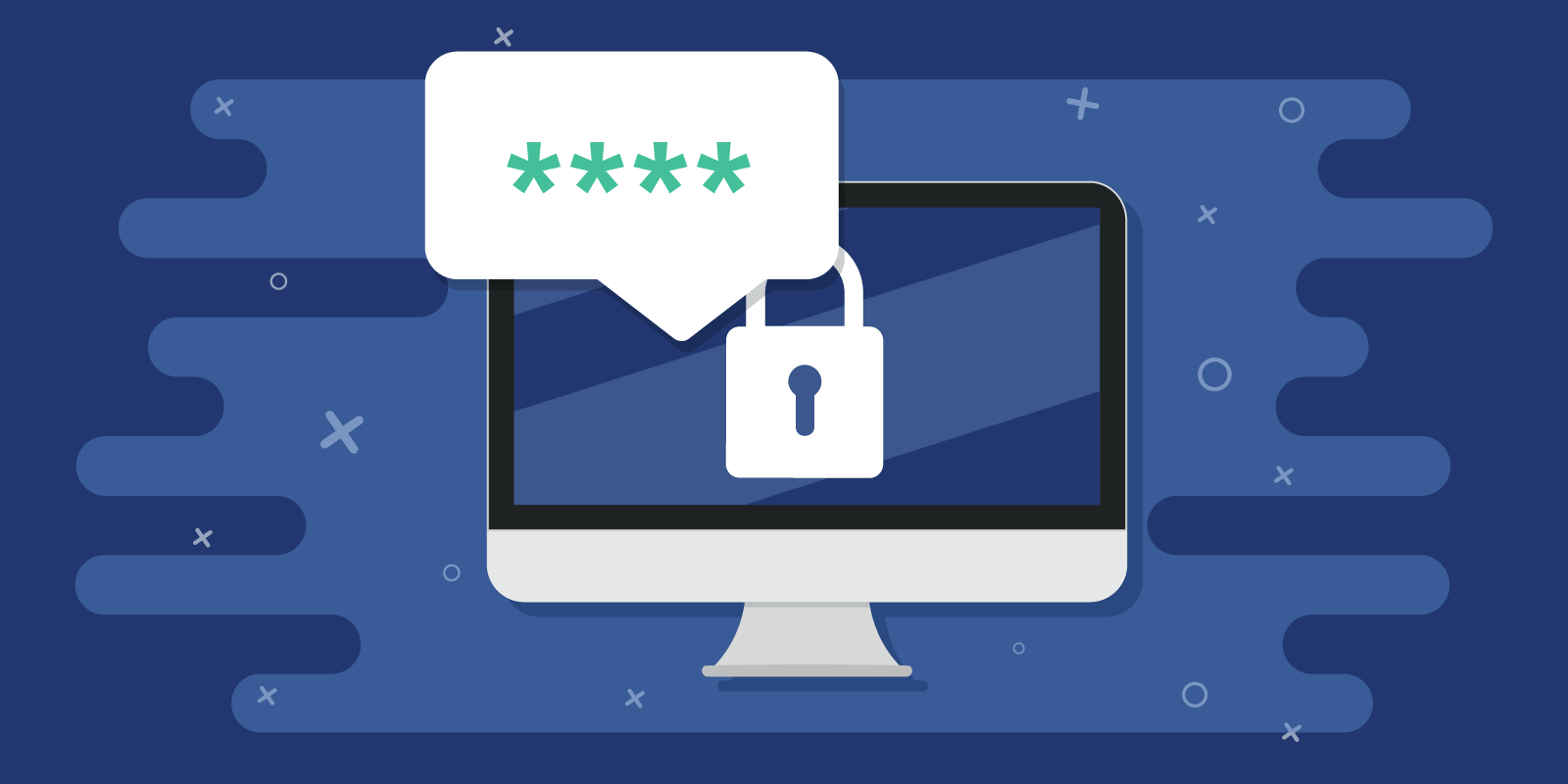

[vc_row bg_type=”” dima_canvas_style=”” translate_x=”0″ dima_z_index=”0″ delay=”” delay_duration=”” delay_offset=””][vc_column min_height=”” bg_type=”” dima_canvas_style=”” translate_x=”0″ dima_z_index=”0″ delay=”” delay_duration=”” delay_offset=”” width=”1/1″][text]
Passwords are crucial for protecting your devices and confidential information from unauthorized access. Studies show that 80% of hacking related breaches are caused by password related issues. Having effective passwords is one of the biggest cybersecurity requirements that a business should expect from their staff.
Despite knowing the obvious security threats that are posed by having poor passwords, a reported 65% of people reuse the same password for multiple or all accounts. This is because of how often people forget their passwords. Businesses have started to implement the use of Multi Factor Authentication (MFA) for an added layer of security however, employees continue to have poor password practices.
With the understanding that remembering multiple passwords is quite the task, here are some simple techniques to employ safer password habits:
One of the biggest obstacles to a business’s security is the employee’s password habits. Reusing passwords contributes to weakening a company’s overall security. With this information on password security practices and ways to improve your habits, it’s probably time to revisit your password policy. If you have doubts on what your next step should be, contact us at DDKinfotech.
[/text][/vc_column][/vc_row]

